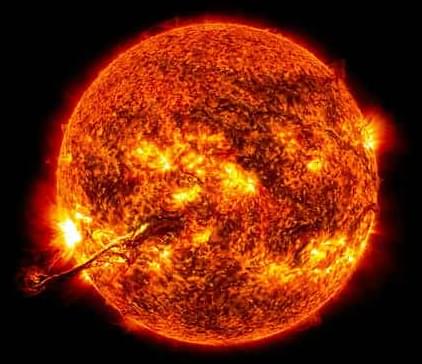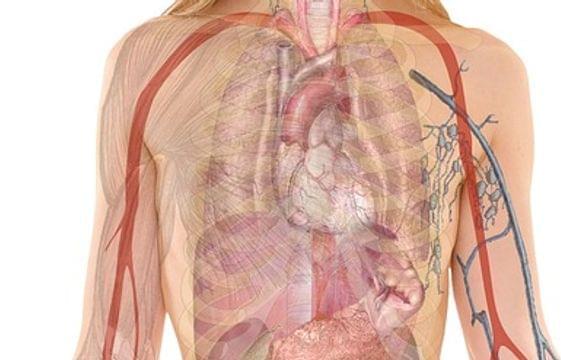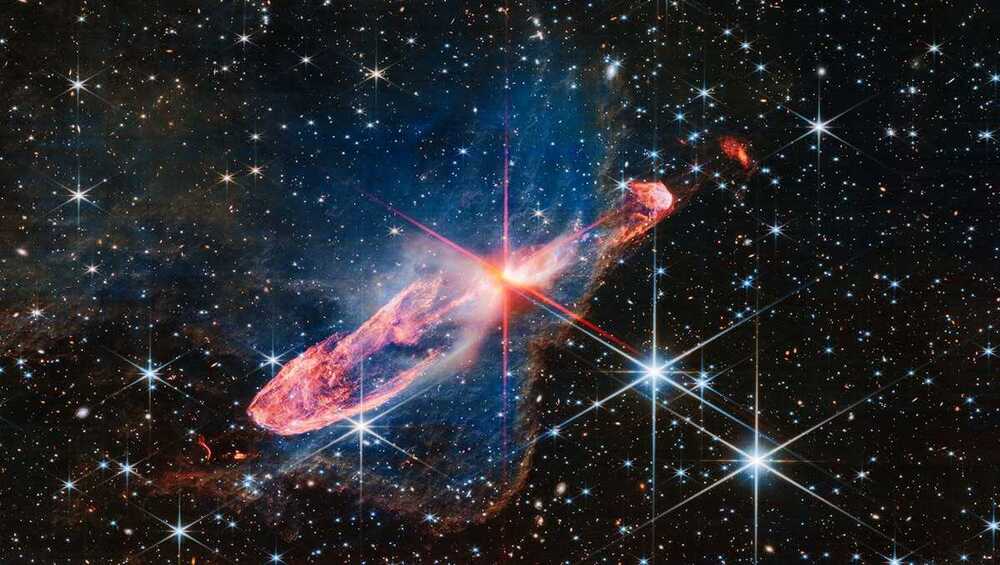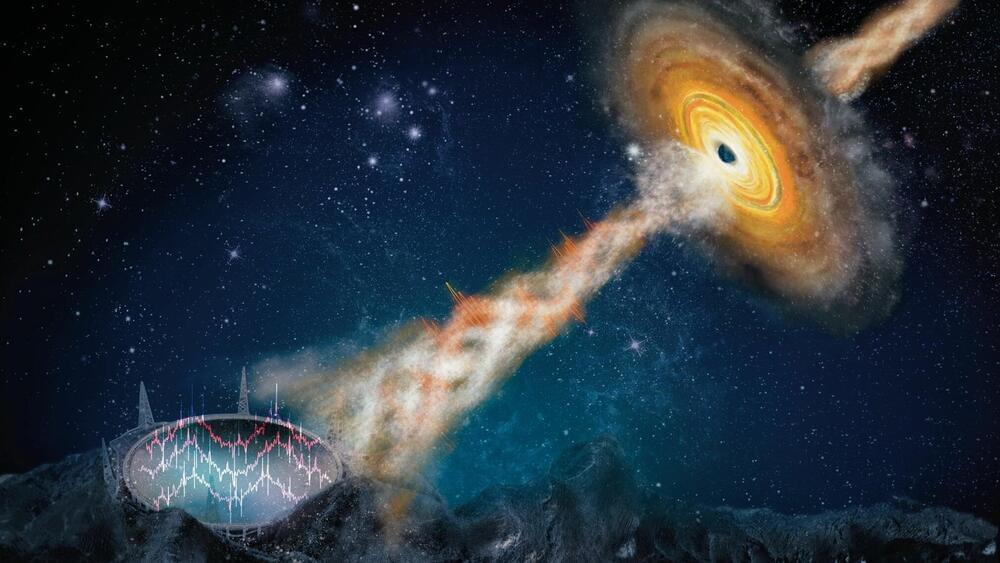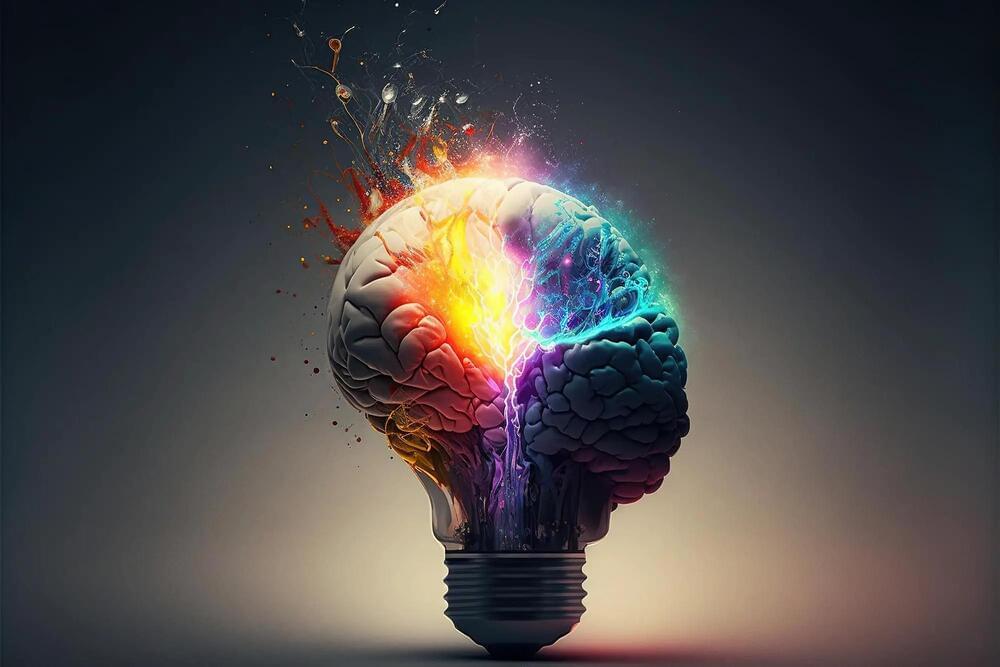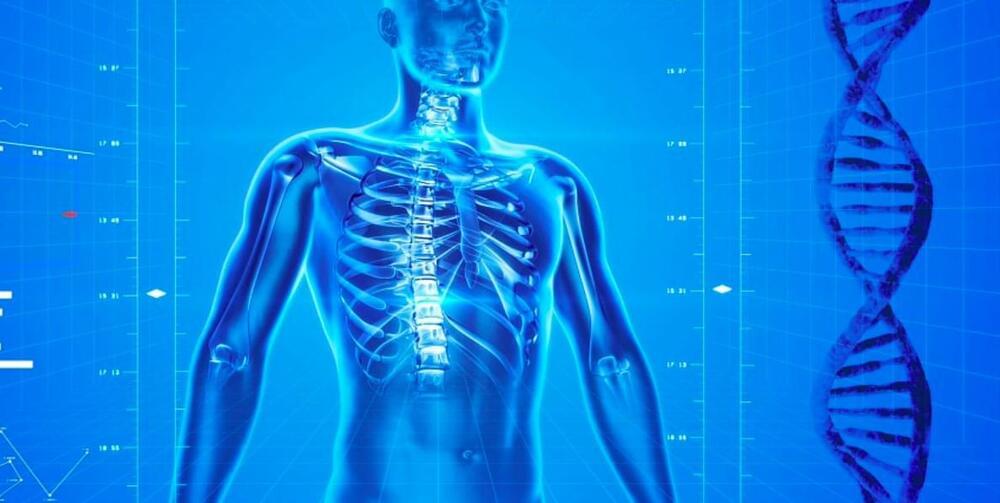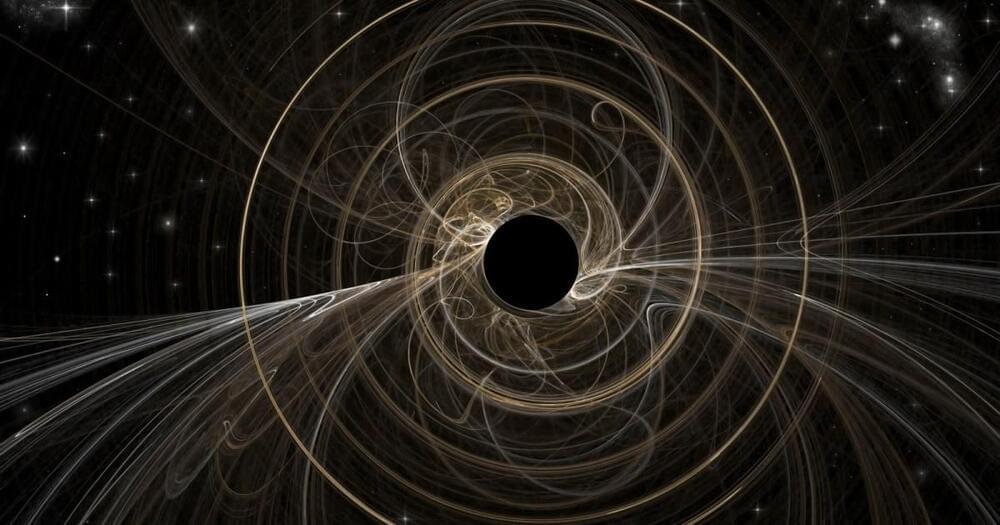Jul 27, 2023
Aditya L1: India’s first space-based mission to study Sun
Posted by Genevieve Klien in category: space
Aditya L1 is India’s first space-based mission to study the Sun, which is scheduled to be launched in 2023. The spacecraft is named after Aditya, the Hindu god of the Sun. Indian Space Research Organisation (ISRO) aims to place Aditya L1 in a halo orbit around the Sun-Earth L1 Lagrange point, which is about 1.5 million kilometres from Earth.
The mission’s primary objective is to study the Sun’s corona, which is the corona is a very hot and dynamic region. Aditya L1 will carry a number of instruments to study the corona, including a coronagraph, a spectrometer, and an imager.
